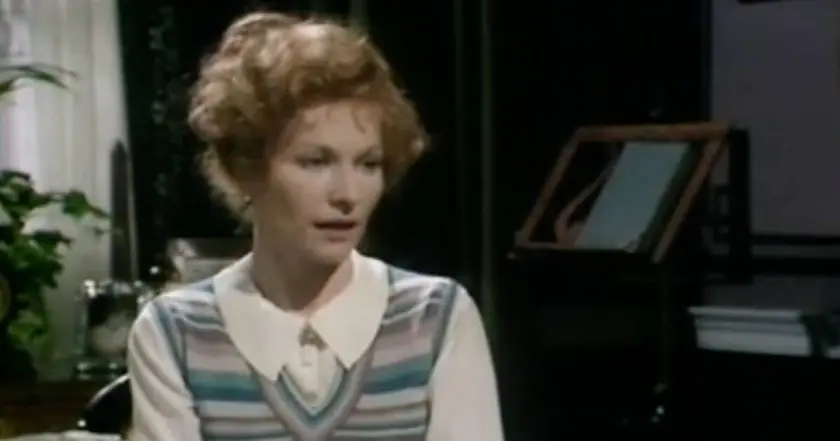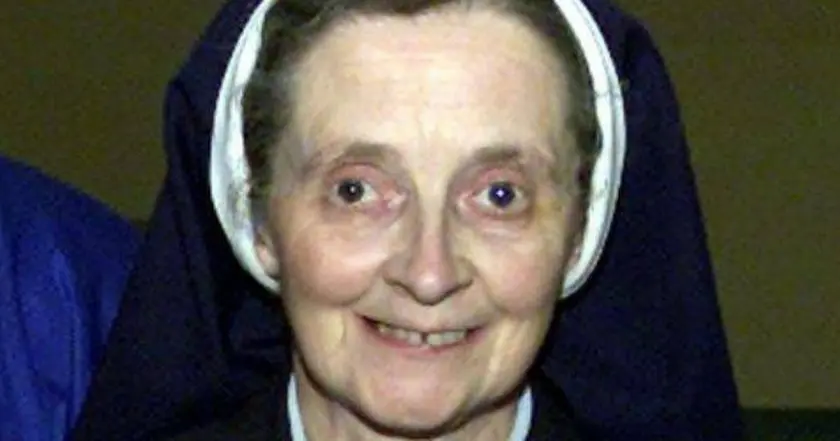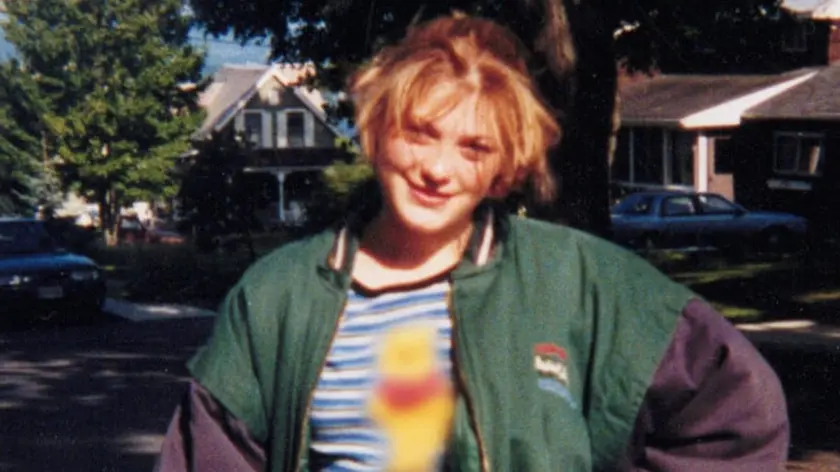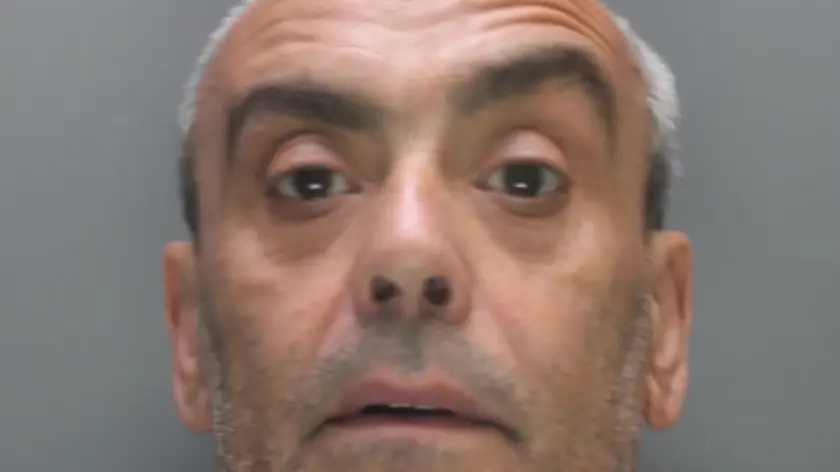T4K3.news
Meg Wynn Owen case ends with prison sentence for friend
A friend stole £65k from the actress while she lived in a care home and was jailed for two years eight months.

A trusted associate drained the actress's savings, prompting a court case and safeguarding questions for vulnerable adults.
Meg Wynn Owens friend steals life savings in care home
Meg Wynn Owen, 82, the actress known for Upstairs Downstairs, Doctor Who and Love Actually, lost her life savings after a friend she trusted for finances, Brian Malam, stole £65,000 over four years. Malam, a costume designer, was entrusted with her finances in 2014 due to her dementia. The theft involved bank transfers, direct spending and cash withdrawals, leaving her with a small overdraft and little cash across several accounts. The bank flagged suspicious activity in 2020, and police became involved. Meg Wynn Owen died in June 2022 while living in a care home.
At Cardiff Crown Court, Malam received a sentence of two years and eight months in prison. The court heard that funds were transferred into his account or spent directly for his own use, and that the victim was left with insufficient funds to clothe herself, even relying on clothes from deceased residents of the care home. The defendant claimed he intended to repay the money and that it funded materials for his work, a defense the judge rejected as the theft spanned years and the financial damage remained unaddressed. The case underscores how trust in a caregiver can enable financial abuse and highlights a need for stronger safeguards in care settings.
Key Takeaways
"Mrs Wright became terribly upset about it."
Prosecutor Abigail Jackson described the emotional impact during the case
"That's how the investigation with the police started and the matter came to light."
Prosecutor's summary of how the investigation began
"The position was that you were taking money from her bank account in significant funds and either transferring into your own account or spending it directly."
Judge Hodson's sentencing remarks
"Your victim had to be dressed in clothes that belonged to deceased residents of her care home due to insufficient funds."
Judge Hodson's description of impact on Meg Wynn Owen
This case highlights a painful truth about elder care and financial abuse: vulnerability is not a private matter but a societal risk. When a trusted associate handles someone’s money, the lines between care and control blur, and safeguards must be robust enough to flag warning signs early. Banks, care homes and regulators all play a role in preventing exploitation, from clear use of safeguards to independent audits of accounts managed on behalf of vulnerable adults. Public awareness matters too, because challenging cases like this can push for reforms that protect future generations while still allowing compassionate, personalized care. The tragedy is not just the theft but the erosion of dignity in old age and the quiet damage to families watching loved ones suffer.
Highlights
- Trust becomes a trap when money walks away
- Care should shield the vulnerable not expose them
- Betrayal cuts deep in old age
- Safeguards are essential not optional
Elder financial abuse and safeguarding concerns
The case exposes how a trusted caregiver exploited a vulnerable elder with dementia, raising questions about safeguards in care settings and the accountability of guardians who manage finances.
Protecting the vulnerable requires practical safeguards and vigilant oversight.
Enjoyed this? Let your friends know!
Related News

Release of nun's killer raises community alarm

Eight individuals sentenced for murder of Maryann Measles

Ketamine Queen pleads guilty in Perry case

Ketamine Queen pleads guilty in Perry death case

Top Gear gang dismantled by City of London police

Plea reached in Perry ketamine case

Twins on the M6 expose gaps in mental health care

Young mother convicted of manslaughter after baby’s death
